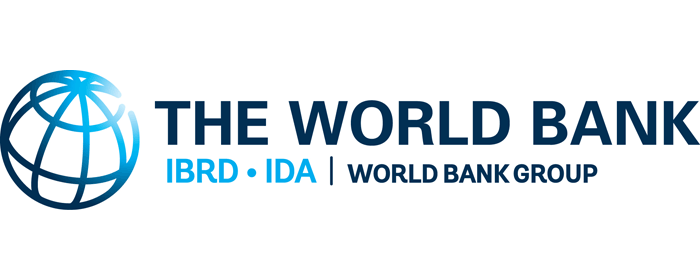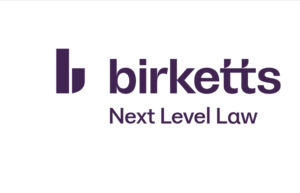World Bank cites UK as example of how tobacco taxes can be used to increase government revenues and improve public health

A major new World Bank report launched last week in Thailand puts paid to the tobacco industry argument that when governments raise tobacco taxes it increases the illicit trade in tobacco, damaging government revenues and public health.
To quote the report, “Countries as different in levels of economic and institutional development as the United Kingdom, Kenya and Georgia have all successfully improved the effectiveness of their tobacco tax administration and, by doing so, reduced tobacco illicit trade while increasing tobacco taxes and tobacco tax revenues.”
Indeed as the report goes on to say, “in every case study where there was a significant tax or price increase, there was a resultant increase in government revenue, and (where data was available) a decline in smoking prevalence.”
The report includes a comprehensive analysis of how the UK brought the illicit trade under control while simultaneously implementing annual increases in taxes. In the 1990s the tobacco manufacturers were selling vast quantities of their products to intermediaries who sold them illegally in the UK without tax being paid. By 1999 it was estimated that more than one in five cigarettes smoked in the UK was smuggled, and that if no action was taken this would rise to more than one in three within a few years.
From 2000 onwards the UK Government implemented a comprehensive anti-smuggling strategy while continuing to increase taxes. Since then the illicit market share for manufactured cigarettes has fallen from 21% to 15%, and from 61% to 28% for handrolled tobacco and revenue losses have been cut from £3.5 billion to £2.5 billion.
Over the same time period the proportion of adults in Britain who smoke has fallen from more than one in four, to fewer than one in six.
The World Bank report on tobacco tax administration and reform concludes that:
To reduce illicit trade in tobacco products, it is both crucial and feasible for all countries to strengthen tax (including customs) administration and enforcement (as the UK has successfully done).
Tobacco taxes only play a minor role in illicit trade.
Illicit tobacco kills because it weakens the effect of taxes in reducing tobacco. consumption by increasing the affordability, attractiveness and availability of tobacco.
The young and the poor are most affected – cheap and illicit encourage consumption by the most price-sensitive.
Illicit trade provides opportunities for Big Tobacco to misinform public opinion and influence public policy – the industry routinely uses inflated estimates of the illicit trade to campaign against tobacco tax increases [5];
and goes on to encourage:
Implementation of the WHO Framework Convention on Tobacco Control (FCTC) guidelines on tobacco taxation and the Protocol on illicit trade.




